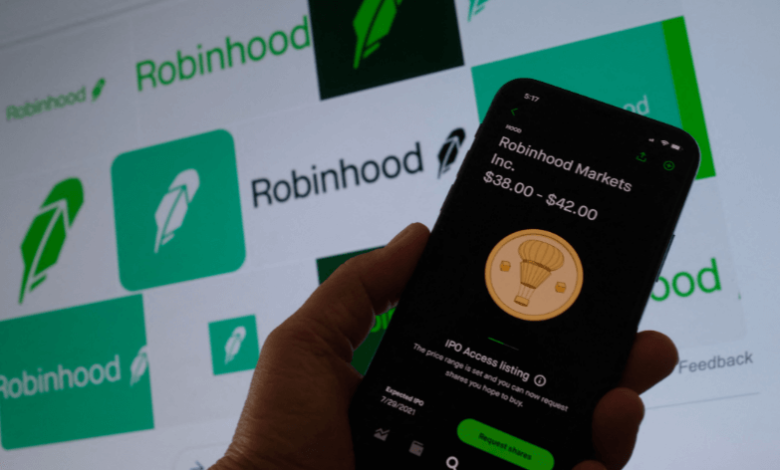Robinhood 10B Smithbloomberg

The recent news surrounding Robinhood 10B Smithbloomberg, has sparked considerable interest and speculation within the financial community. This valuation not only highlights the platform’s impressive growth but also raises questions about its future trajectory and potential impact on the broader market. As Robinhood continues to disrupt traditional investing norms and attract a new wave of retail investors, the implications of this valuation extend far beyond mere numbers on a balance sheet. The story behind Robinhood’s ascent to a $10 billion valuation is as intriguing as it is significant, prompting industry experts to ponder its next moves and the implications for the financial landscape.
Early Life and Background
Robinhood’s co-founder and CEO, Vladimir Tenev, has a noteworthy early life and background that shaped his journey in the finance industry. Childhood adventures and family influence played pivotal roles in his development. These experiences likely instilled in him a sense of curiosity, resilience, and determination—qualities that have been evident in his leadership at Robinhood.
Tenev’s upbringing seems to have laid a strong foundation for his success in the finance world.
Founding Robinhood 10B Smithbloomberg
Vladimir Tenev’s journey into the finance industry took a significant turn with the founding of Robinhood. This marked a pivotal moment in the fintech evolution, where the platform revolutionized investment disruption.
Tenev’s vision for democratizing finance through commission-free trading reshaped the industry landscape, empowering individuals with newfound access to markets and investments, ultimately challenging traditional financial institutions.
Read Also Softwareone Bain 3.5b Swon.Sw
Impact on the Financial Industry
The emergence of Robinhood 10B Smithbloomberg has had a profound impact on the financial industry, sparking widespread discussions and transformations in how investments are accessed and executed.
This fintech disruptor has brought about financial disruption through its innovative approach to democratizing market access and empowering individual investors.
The industry is witnessing a shift towards increased market innovation spurred by Robinhood’s disruptive model and technological advancements.
Conclusion
In conclusion, Robinhood’s $10 billion valuation is a testament to its disruptive impact on the fintech industry. Despite criticisms of its business model and potential risks associated with commission-free trading, Robinhood has successfully democratized finance and empowered individual investors.
The platform’s innovative approach has reshaped the financial industry landscape, underscoring the growing importance of fintech innovation in today’s market.




